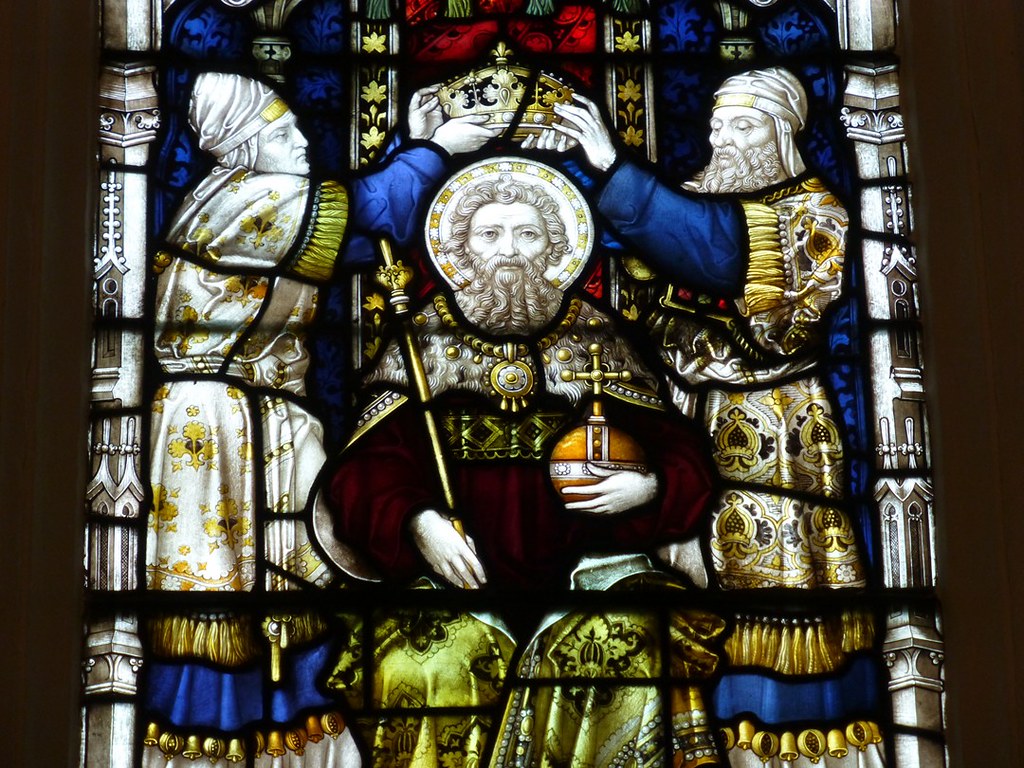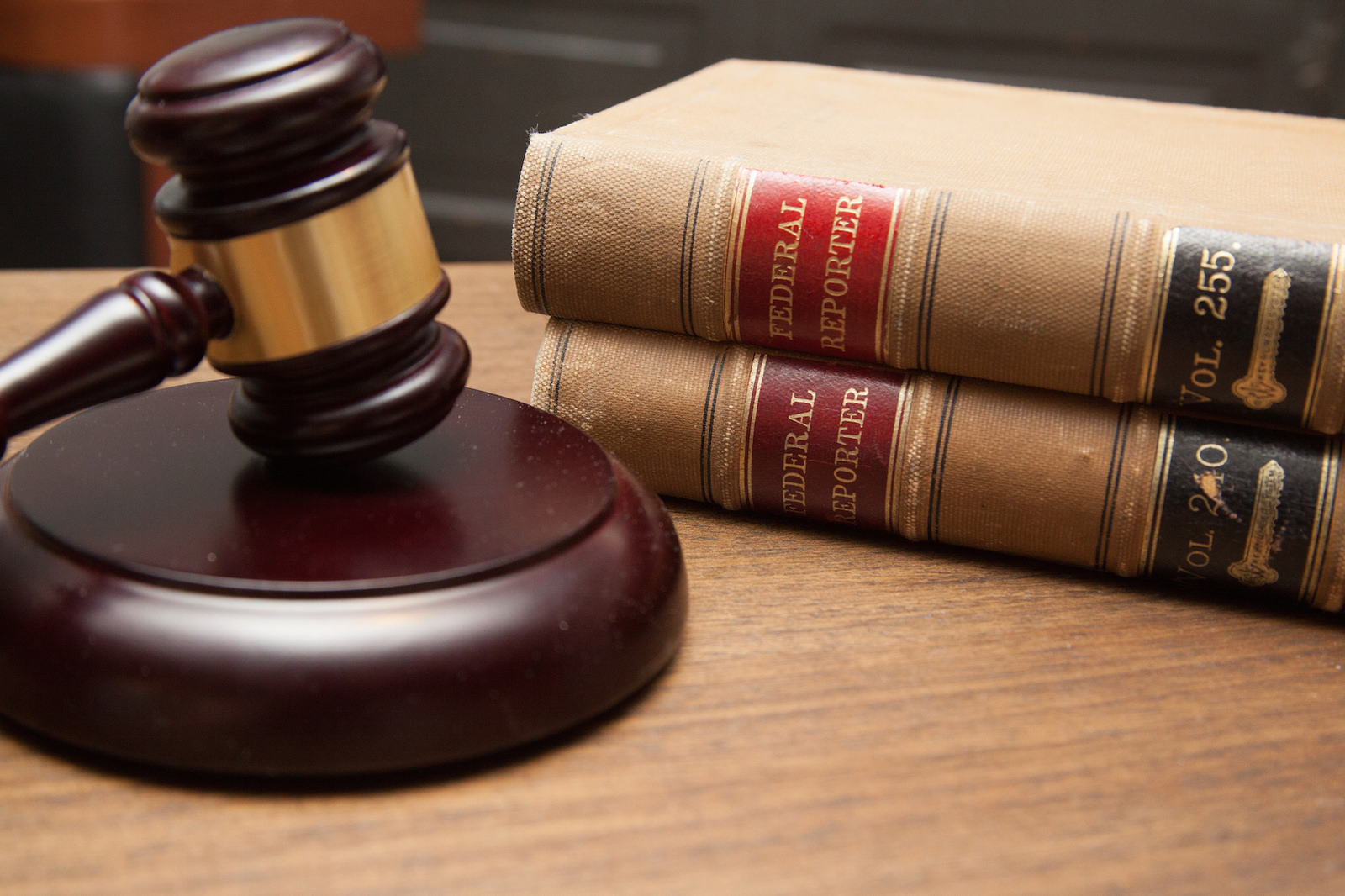On December 4th, 2024 Luigi Mangione allegedly shot and killed a UnitedHealthcare CEO, and that action received impressively high levels of approval. More recently, critics of Musk and DOGE have been torching and vandalizing Teslas as an act of political protest. Even the current U.S. administration has shown disdain for the legal process, asserting new claims to executive power and pushing back against court orders. This growing disregard for legal norms raises an important question: Why follow the law?
The most straightforward reasons to follow the law are what we might consider practical or instrumental reasons. Of these, the most obvious is the fear of punishment – one should follow the law because, if they don’t, they will face certain consequences. There might also be clear self-interest at play. For example, laws such as using seatbelts and not drinking and driving provide decisive safety benefits to their followers and others on the road. Tax laws secure government resources, which can then be fed back into communities. Is there more than self-interest, though? If the only reasons to obey the law are instrumental, practical reasons, then if someone is, say, shielded from the consequences of breaking the law or thinks their lawbreaking will not be found out, why should they follow the law? It’s worth noting that if the only reason to follow a law is the fear of punishment — if that law truly provides no other public benefits — then that is the sign of a bad law.
One approach to answering the question of “why follow the law” are what philosophers call “transactional” theories of legal authority. The idea is that there is a transaction at play — the government provides something and, in exchange, participants in a political community incur an obligation to follow the law. The idea is simple enough with something like club membership. If you want to join the chess club, then you agree to follow the chess club’s rules. However, it is much more opaque with something like the law. Almost no one has actually meaningfully consented to be part of a country, they were just born that way. Though perhaps they would have given the choice. Philosophers sometimes appeal to hypothetical consent or implied rationality to argue that there is something like an agreement or contract between a nation and its residents. We might also consider a tacit agreement to follow the law based on the idea that the law, and the nation, provides a public good (even if specific individuals may benefit personally from breaking the law from time to time).
It follows from transactional approaches that governments must keep their side of the bargain. A corrupt and unjust government, or one that achieved power through illegitimate means (e.g., election fraud), incurs no special obligation for its people to obey its edicts.
Alternatively, we may think the obligation to follow the law flows from what it means to be a citizen or resident. Just as there may be virtues and obligations associated with being a student, a parent, or a nurse, being part of a political community comes with its own set of obligations and this could include an obligation to follow the law.
If laws are moral or practical, it is easy to justify our obedience. But what about unjust or immoral laws, is there still an obligation to follow those? Philosophers generally differ depending on what they think the law is. For philosophers in the natural law tradition, where laws are anchored in rights and privileges we have simply in being the kind of creature we are, an unjust law is no true law at all and cannot bind us. Other philosophers contend that laws flow instead from a social process. Instead of being rooted in morality, our obligation to follow the law comes from our deference to the legitimate procedure that shaped it. Still, a general obligation to follow unjust laws is likely overridden by more powerful and specific moral obligations. Moreover, one should perhaps question the political legitimacy of a nation which has a large number of unjust or otherwise deeply flawed laws.
Notably, none of this really accounts for the reasoning involved in burning Teslas or shooting CEOs. Very, very few philosophers would consider laws against property damage or murder unjust laws. Perpetrators may very well claim that their actions represent an attempt to prioritize the greater good, but the ability of greatest-good-for-the-greatest-number approaches in ethics to justify intuitively immoral actions has always been one of their most controversial features. (For more, see The Prindle Post’s discussions of the CEO killing and political violence.)
We may follow the law out of practicality, for moral reasons, to be a good citizen, or because we owe some general legal obligation to a politically legitimate state. However, just as morality can dovetail with the law, it can also push against it. Ideally, political obligation should come naturally. Laws should be generally accepted. They should make sense. They should feel fair. They should be applied equally. They should align with generally accepted moral norms. But if the law becomes an obstacle to achieving a life well lived, a weapon to be wielded against one’s political opponents, or a tool of oppression, then it is time to question the guidance the law offers and push for change.



